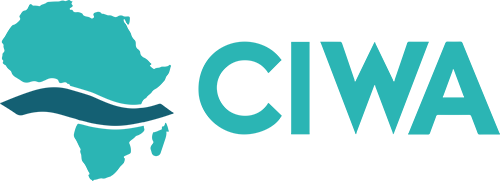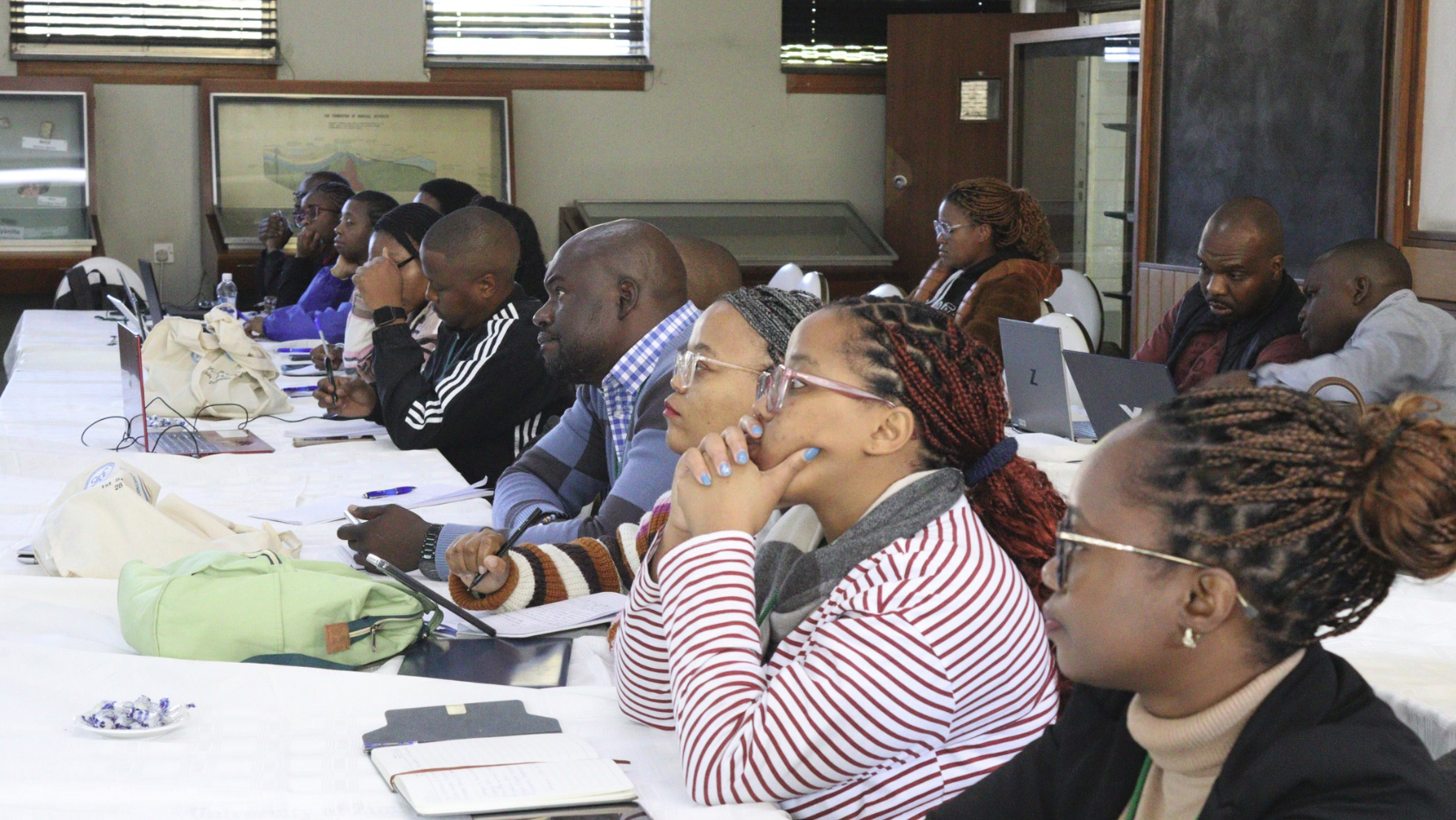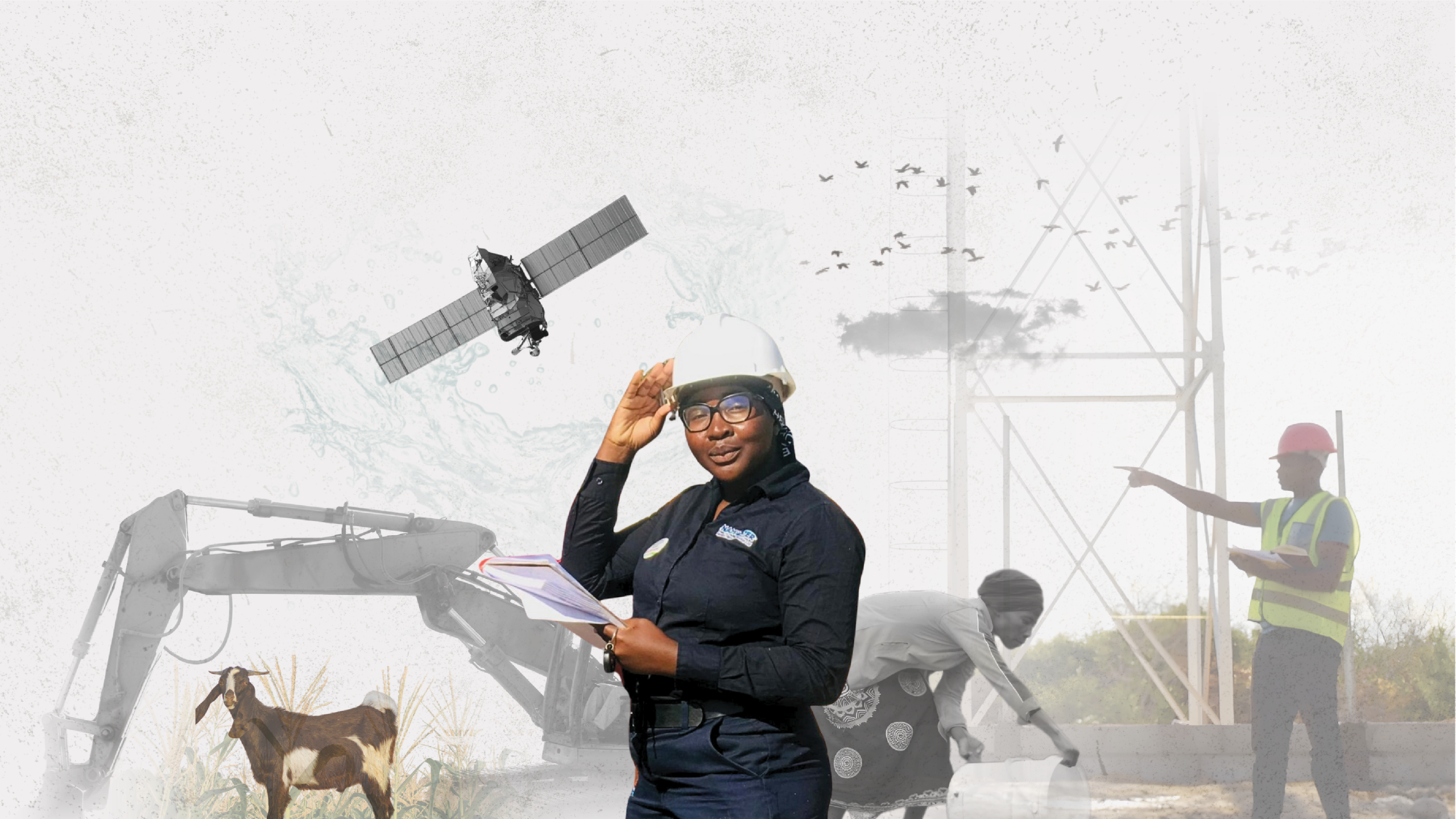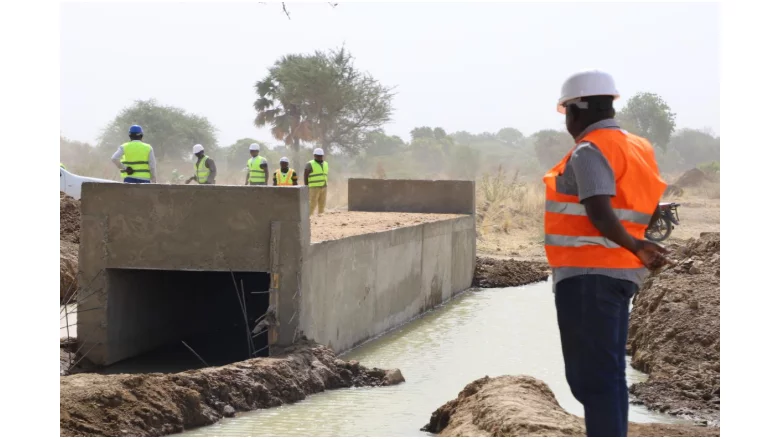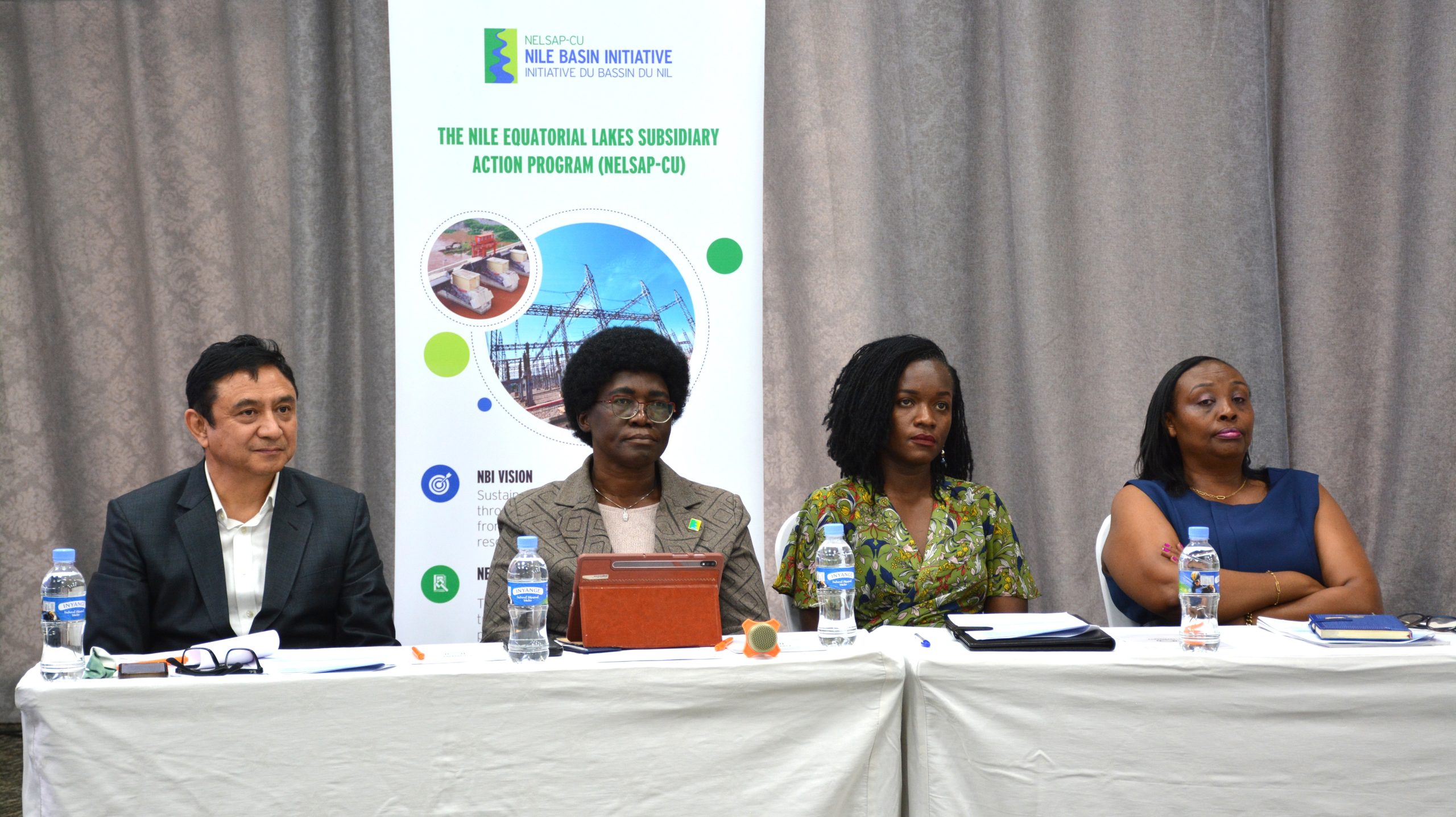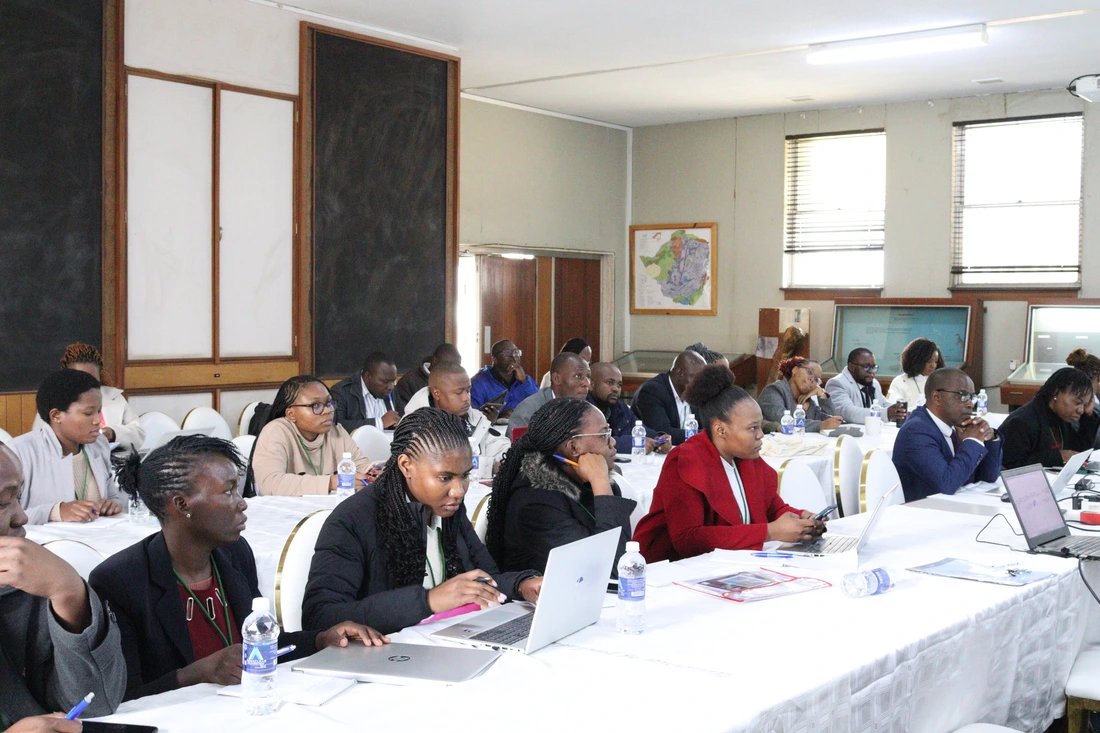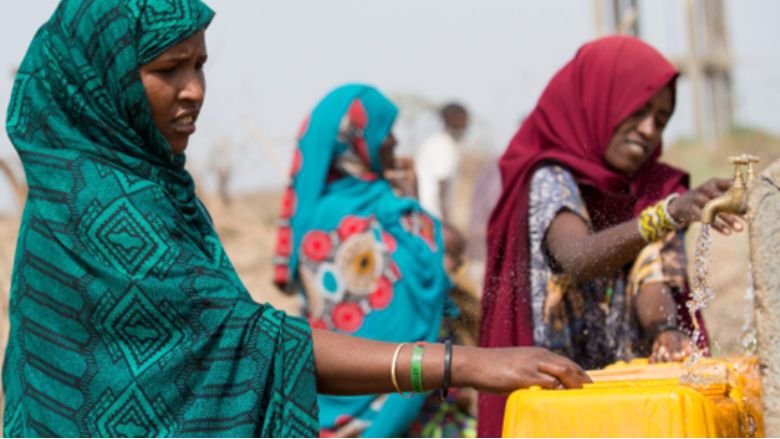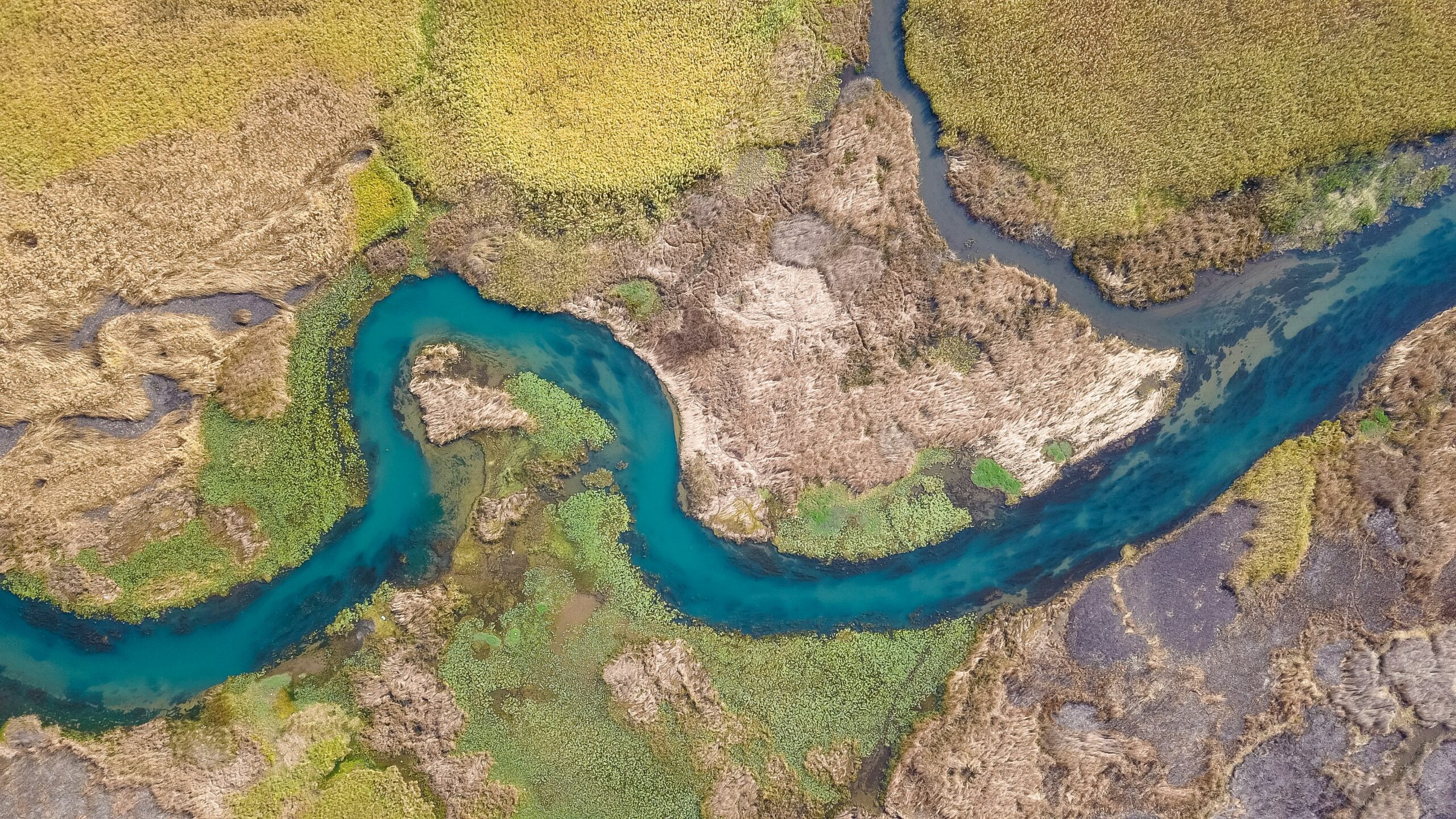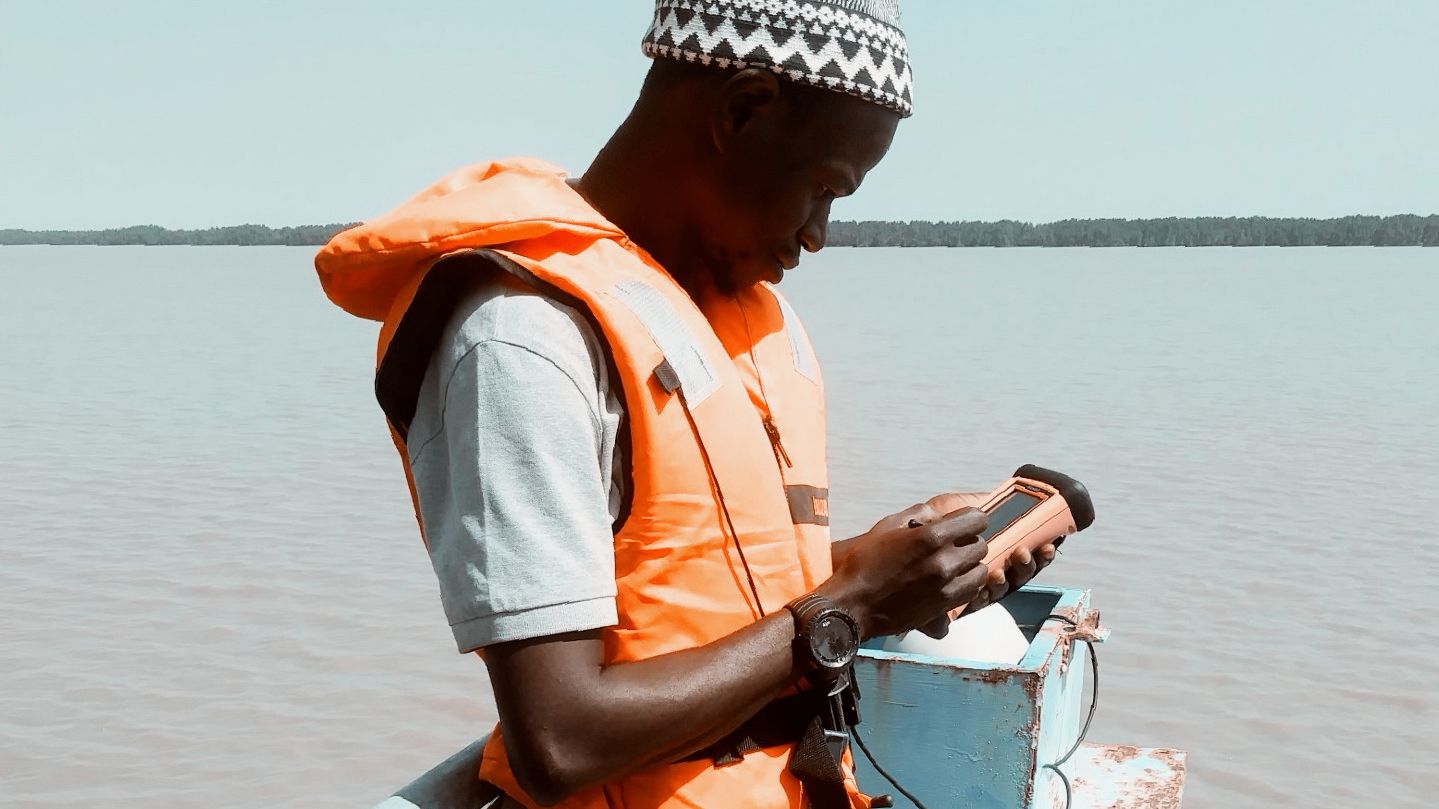Becoming a Leader: Ilca Nhandamo’s Journey in Water Resources Management
Posted in : Blog on 25 February 2026
Ilca Nhandamo is a Master’s graduate in Engineering and Water Resources Management from Zambezi University in Mozambique. Today, Ilca is applying her skills to advance sustainable groundwater management across Southern Africa.
Water Resources: The Lifeblood of Sub-Saharan Africa’s Resilience and Growth
Posted in : Blog on 15 December 2025
When waters cross borders, solutions must too. Explore the new CIWA Program Annual Report and see how cooperation is driving climate-resilient water management across Africa.
Harvesting Hope: How Communities Are Reviving the Lake Chad Region
Posted in : Blog on 24 October 2025
Achta’s story reflects a broader transformation across the Lake Chad Basin. For decades, the region has been battered by conflict and climate change. Once the sixth-largest freshwater lake in the world, Lake Chad has shrunk by nearly 90% since the 1970s.
A Regional Model for Success: World Bank Praises NBI’s Nile Cooperation and Climate Resilience Project
Posted in : Blog on 23 October 2025
The Nile Basin Initiative’s (NBI) Nile Cooperation and Climate Resilience (NCCR) project, funded by the World Bank’s CIWA program, has almost concluded, significantly bolstering NBI’s capacity for climate action and transboundary water cooperation.
Reflections on the SADC-GMI Winter School: Lessons for a Sustainable Groundwater Future
Posted in : Blog on 4 September 2025
For two intense weeks, a young professional was immersed in a space of knowledge and exchange with lecturers, practitioners, and fellow participants drawn from across the SADC region—Malawi, Zambia, Zimbabwe, Botswana, South Africa, Namibia, Lesotho, and Eswatini. It was challenging, exciting—but above all, it was inspiring.
Strengthening Water Resilience in Ethiopia’s Rural Communities
Posted in : Blog on 3 July 2025
With support from CIWA, the World Bank-supported Ethiopia Horn of Africa Groundwater for Resilience Project emphasizes high-quality design that accounts for rising demand driven by climate change and population growth.
The Water Data Revolution: Transforming Transboundary Water Management in Africa
Posted in : Blog on 3 June 2025
Quality of monitoring networks to collecting water data has declined, and investment in infrastructure and training has been insufficient. Remote sensing technologies have emerged as powerful tools to address these challenges.
Three Keys to Successful Transboundary Water Cooperation in Africa
Posted in : Blog on 28 May 2025
With the impact of extreme weather events frequently crossing national boundaries, regional cooperation is essential to address them. By focusing on three keys, the Regional Climate Resilience Program is creating water management systems that can withstand climate variability while reducing cross-border tensions.
Sharing Waters, Transforming Futures: CIWA’s Action for a Climate-Resilient Africa
Posted in : Blog on 15 May 2025
CIWA supports countries to collect and share their water data, collaborate on technical and institutional capacity building, and prioritize optimized joint investments with regional benefits and shared costs.
Protecting groundwater from depletion in the SMAB
Posted in : A View From The Field on 5 May 2025
To manage and govern groundwater effectively, Landing Bojang, chief hydrologist of The Gambia’s Department of Water Resources, advocates for public sensitization, laws, regulations, and institutional capacity.
